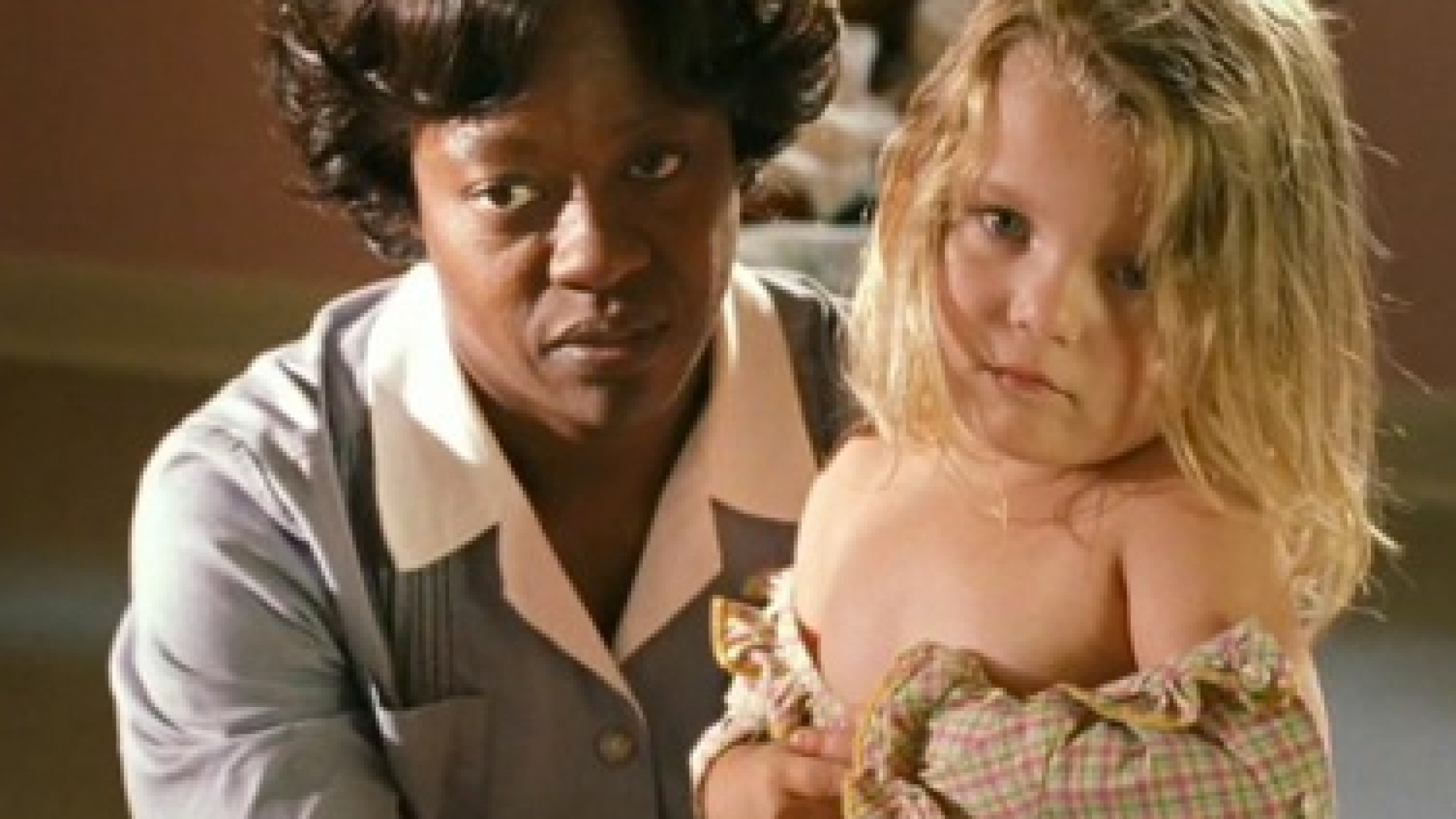The Help
As many of you may know, I’m a movie buff. I love sitting in a darkened theater and being swept away by a good story. Now that it’s fall, it’s movie time again and I’ll be posting reviews of the ones that may open your heart, challenge your beliefs or expand your horizons. Sometimes a movie comes along that triggers a deep emotional response and brings up memories. That happened to me recently when I saw The Help.
I grew up in northern California, far from the segregated South, but my mother gave me a taste of the old South right in my own home. One of the fixtures of my childhood was Mamie, our “help,” who worked for my mother half a day every day and all day on holidays. She came to work for our family when my mother was a young pregnant bride of 19, married to my 41-year-old father, her former boss and a prominent politician. Mamie, who was my father’s age, was always there for me from the time I was born—a loving presence in stark contrast to my mother’s coldness and indifference to me. I adored her.
Just like in the film, my mother insisted on being called Mrs. King (although Mamie called her other employers by their first name) and I was always Miss King. She served our meals and then ate her own in the kitchen. When I was old enough to question my mother about that, she said the help always ate in the kitchen, no matter what color they were.
It was a confusing situation. I certainly didn’t think of my family as racist. My father was a bleeding heart liberal who spent every holiday driving around town giving away clothes and money to the needy. My mother came from a working class background; her own Portuguese mother had taken in sewing and cleaned houses. Why didn’t she treat Mamie more like an equal?
Although I knew that all the “colored” folk lived on the South Side, the poorest part of town, it never occurred to me to question why. As children, we accept what is without question. I knew about the South Side because Mamie lived there, in what was basically a shack. When I was old enough to drive, one of my chores was to drop off the family laundry and ironing at Mamie’s in the morning and pick it up again in the evening.
I left the movie and spent the rest of the evening thinking about Mamie and my family. My mother was considered a kind employer (one of Mamie’s sons still calls my mother once a year to see how she’s doing). Mother insisted I come home from college to be at Mamie’s bedside as she was dying in the hospital. Mother was the only white woman who attended the black funeral when Mamie died at 56 from heart failure (not surprising after eight children and a life of hard and often demeaning work).
As my emotional reaction to the movie gradually faded, I began to question the beliefs I had grown up with about discrimination, about prejudice. As children, we so readily accept situations as normal, as being “just the way things are.” This is why it’s so important to examine our beliefs, so we can shake ourselves out of complacency and come to a more conscious understanding, so we don’t pass along to future generations the same sorrows and injustices.
If you haven’t seen The Help, I recommend it. One of my clients who grew up in Mississippi with a black nanny wept copiously throughout the film. But even if this particular situation is not one that you experienced personally, have you experienced discrimination based on your class or race or religion? Conversely, what have you felt and believed about those who are of different class or race or religion from you?
In the spiritual universe, we are all One. There is no doubt about that. By examining the hidden traces of prejudice and discrimination that you may hold, you can free yourself from whatever hinders you from experiencing that unity.
Isn’t it amazing what a good movie can do?

